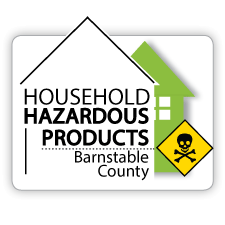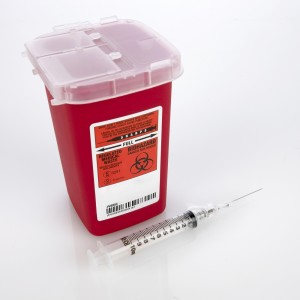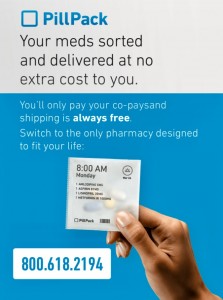Many products in our homes are considered hazardous to use, store, and/or dispose. They pose  harmful or toxic risks to humans, animals, and the environment. The level of risk and toxicity varies from product to product. Some products are inherently toxic, while other products contain toxic ingredients. Likewise, some toxins are hazardous in very small amounts and others pose risks by building up in our bodies or the environment. In homes, subtle buildup of toxic materials can accumulate in things like indoor air, house dust, and food.
harmful or toxic risks to humans, animals, and the environment. The level of risk and toxicity varies from product to product. Some products are inherently toxic, while other products contain toxic ingredients. Likewise, some toxins are hazardous in very small amounts and others pose risks by building up in our bodies or the environment. In homes, subtle buildup of toxic materials can accumulate in things like indoor air, house dust, and food.
On Cape Cod, toxic materials that seep into our groundwater are of special concern. All drinking water on the Cape, whether supplied by municipal or private well, is fed by groundwater from Cape Cod’s Sole Source Aquifer. As the name suggests, the Sole Source Aquifer is the principal source of drinking water in the region and, therefore, should be protected from contamination.
Most household products are not hazardous. It is when products are improperly used, stored or disposed of that they may become hazardous to human health and the environment. To prevent problems, follow all label directions carefully. While many towns are permitted to take motor oil and antifreeze at their transfer stations, and some towns recycle reusable paint in paint sheds, most other hazardous products must be brought to the one day Household Hazardous Waste collections. For a list of all items accepted at collections please visit: www.capecodextension.org
IDENTIFY AND HANDLE HAZARDOUS PRODUCTS RESPONSIBLY
- Know what is considered hazardous.
- Read the label.
- If it says Danger, Poison, Warning, Caution, or Flammable the product is likely to pose a hazardous risk that requires proper use, storage, or disposal.
- Follow the directions on the label.
- Seek non-hazardous alternatives.
- Dispose of hazardous products responsibly.
VIEW UPCOMING COLLECTION DATES ON CAPE COD
Managing your health care at home can be a complicated process, especially when it comes to disposing home health care supplies like syringes and lancets. These syringes and lancets are called Household Sharps.
Many Cape Cod residents, ranging from children to seniors, manage their health care at home. Some specific groups of people using household sharps include:
Diabetes Patients • Hemophiliacs • Rheumatoid Arthritis Patients • Pet Owners • Farmers
Free disposal containers are available across Cape Cod. Contact the Health or Fire Department in your town, or call the Cape Cod Cooperative Extension at (508) 375-6699 for more information. Unused and out of date medicines are also danger to society and can be the subject of theft and misuse, and flushing medications down the sink or toilet can cause contamination of our water supply. All police departments on Cape Cod now have drop boxes in their lobbies that take unwanted medications.



